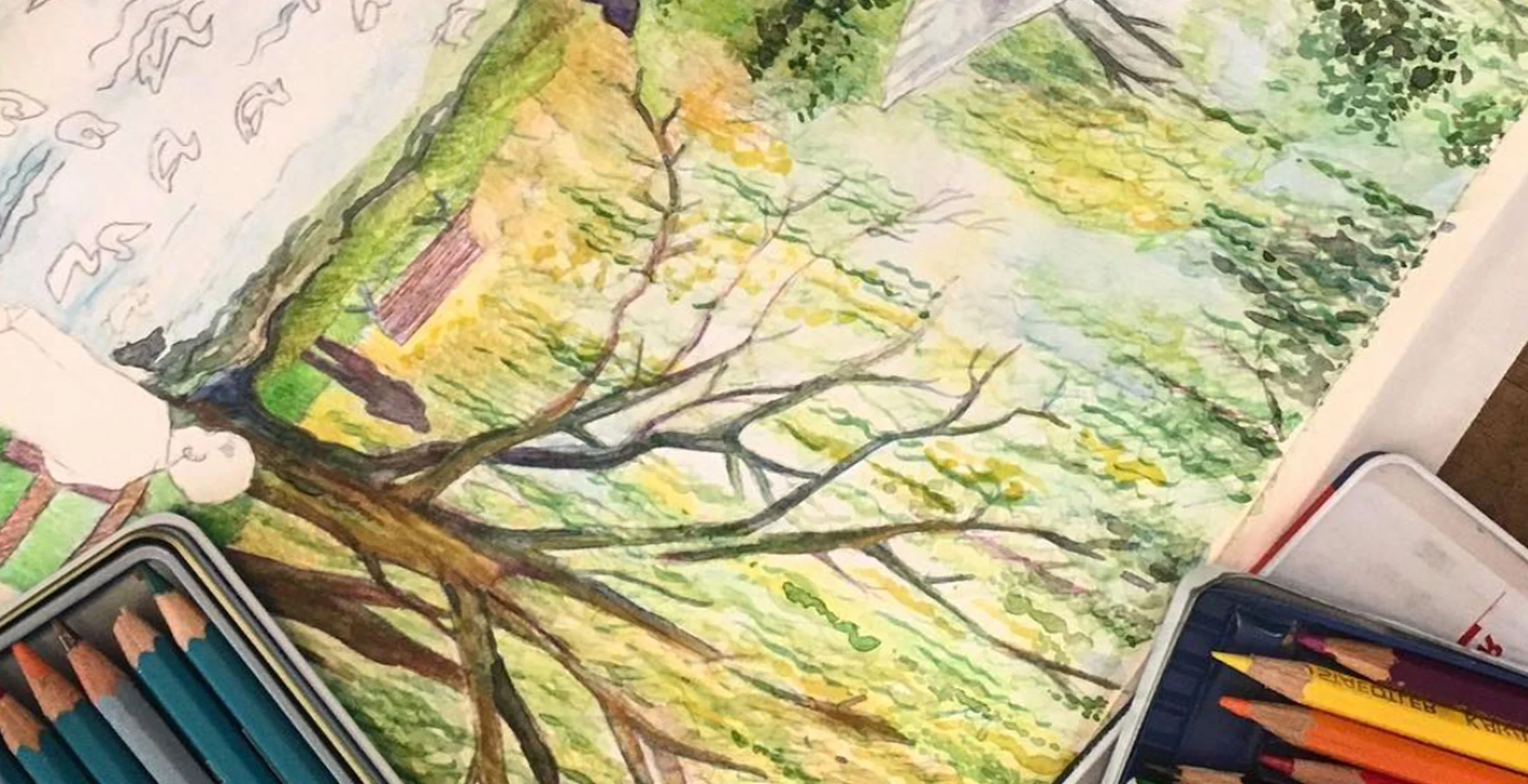Passions
Amy Frissore
As a child I had magical experiences playing in the woods with friends and going on vacations. But school was hard for me. I struggled through it socially, emotionally and academically. In third grade I hit a wall with reading and math was the scariest thing imaginable. Flash forward years later and I had parents with the foresight to get me the help I needed. I had a tutor in 8th and 9th grades to relearn how to read more fluently and it made a world of difference. I still was a slow reader, but I could read and I even enjoyed some books.
In college I had the amazing opportunity to work with the Baltimore Reads program one summer. It was the hardest work because teaching is tough, but even harder still is the idea that you are surrounded by children who look up to you, and who remind you daily of how hard it is to go through school struggling with reading. It was emotionally draining for me. I am an empathetic person. What I saw were children with parents who did not understand their troubles and instead told them they were stupid.
I know first hand how it feels. I felt dumb and incapable of being more quite often throughout my young school career. But I was in a great environment and was given moments to succeed. I was given the chance to take art lessons at the local art museum, voice lessons, and to discover my own special talents. These kids I was privileged to get to know at the Baltimore Reads program, and so many others like them, were misdirected and lost in our standard school system. It is a tragedy and broke my heart.
We all don't fit into a box. I did not fit into a box. We need teachers and parents and to have access to the research and systems out there.
Now, I have two little ones. Through working with my son, I have come to understand that I was dyslexic. I had heard the term before, but I just thought it was a title they slapped on me because they didn't know what was "wrong" with me. But now I see I was dyslexic. And I still am. I still would rather listen to a book than read it. But I love books. Dyslexia is not about seeing words backwards. I never saw things backwards. That is why I thought it must be some other problem. It is an auditory challenge from what I have come to understand. It shows up in ways from the telling of time (which I struggled with so much) to the tying of shoes (which I see my son struggle with). It is genetic and, if you have it, your child has a 50% chance of having it. It comes in varying degrees of severity and it doesn't go away. BUT, if recognized, dyslexic children can come to learn in a new way and make great strides in many cases.
I want to be a children's book writer, a kid lit illustrator and an indie publisher. I want to be a voice for dyslexic children, and I plan to share this process here. I look forward to hearing what others have to share, and I hope we can make a difference together!

